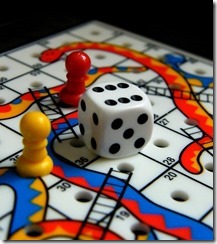Think ONE. Behaviour After Brain Injury.
Understanding and managing changes to behaviour after brain injury is the most frequently requested topic I can recall. It contributes significantly to lifestyles being restricted. Today a simple start by thinking about changes to behaviour after brain injury by ONEs! There is no ONE solution for changed behaviour after Brain Injury Many, many, many supporters and family members over the years have asked for the magic potion, the one solution that will fix all, the magic wand that will make an unwanted behaviour disappear. Unfortunately we have not found it yet. Mostly, it is less stressful to forget magic solutions and begin the longer, but potentially more productive, path of planning and developing tailor made strategies for each behaviour. ONE strategy does not fit all Not only is there is no one solution for changing behaviour after brain injury, there is no one strategy to fit all situations and all people. The complexity and differences between people with brain…
